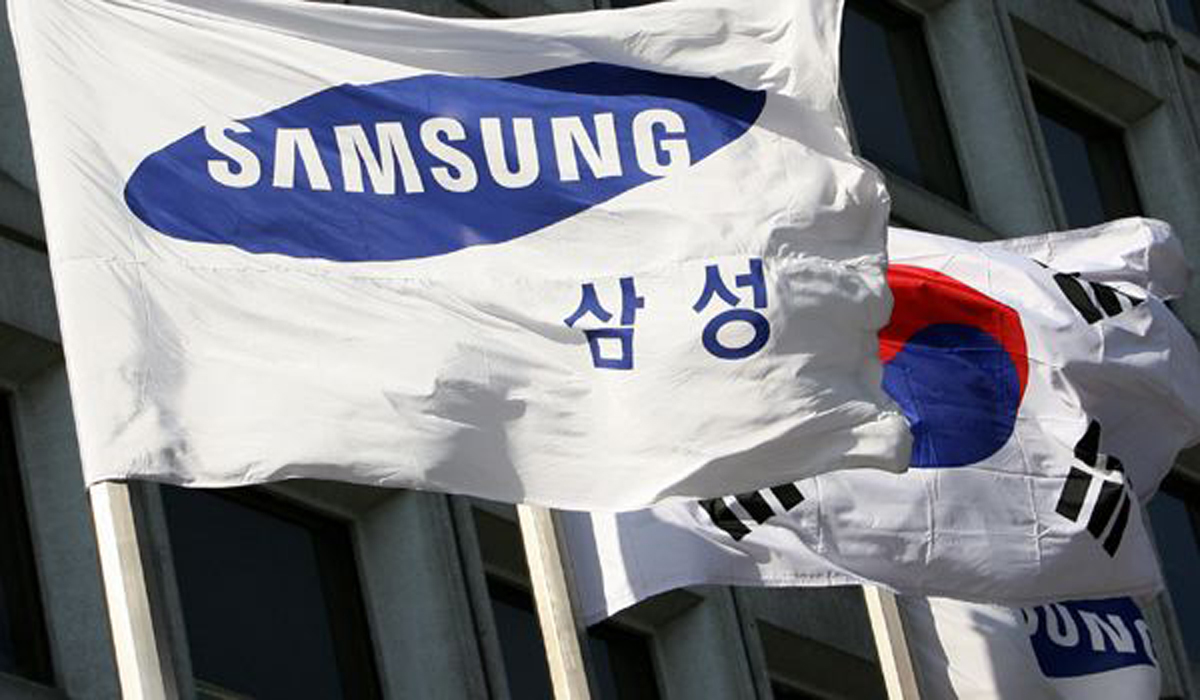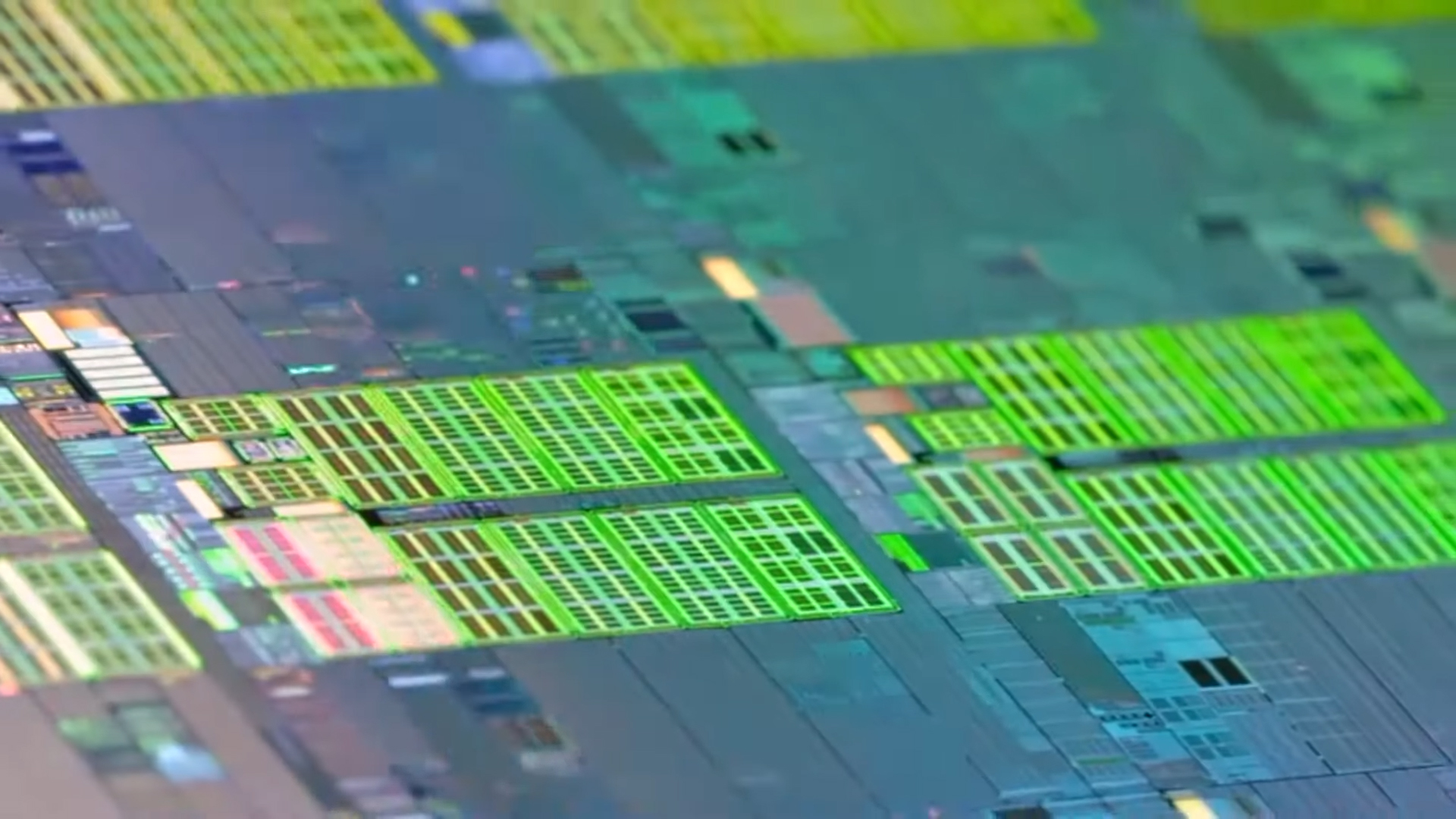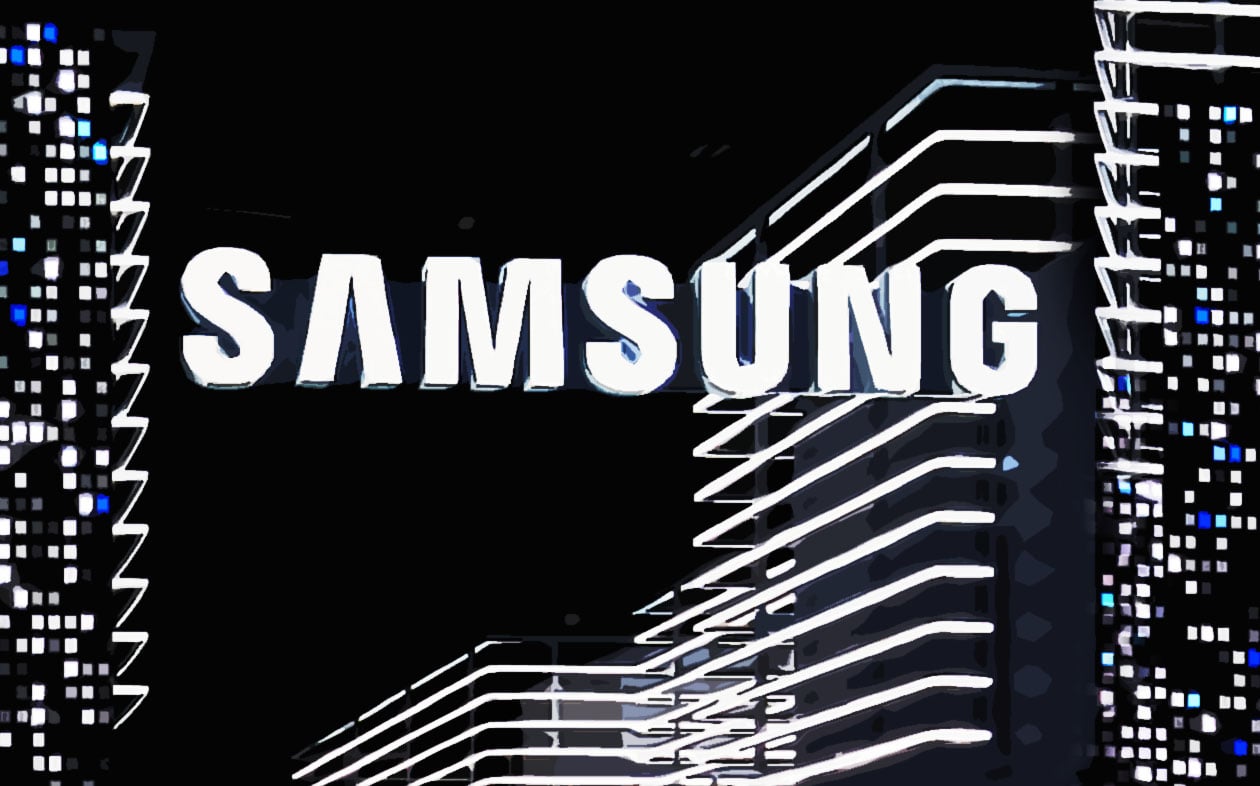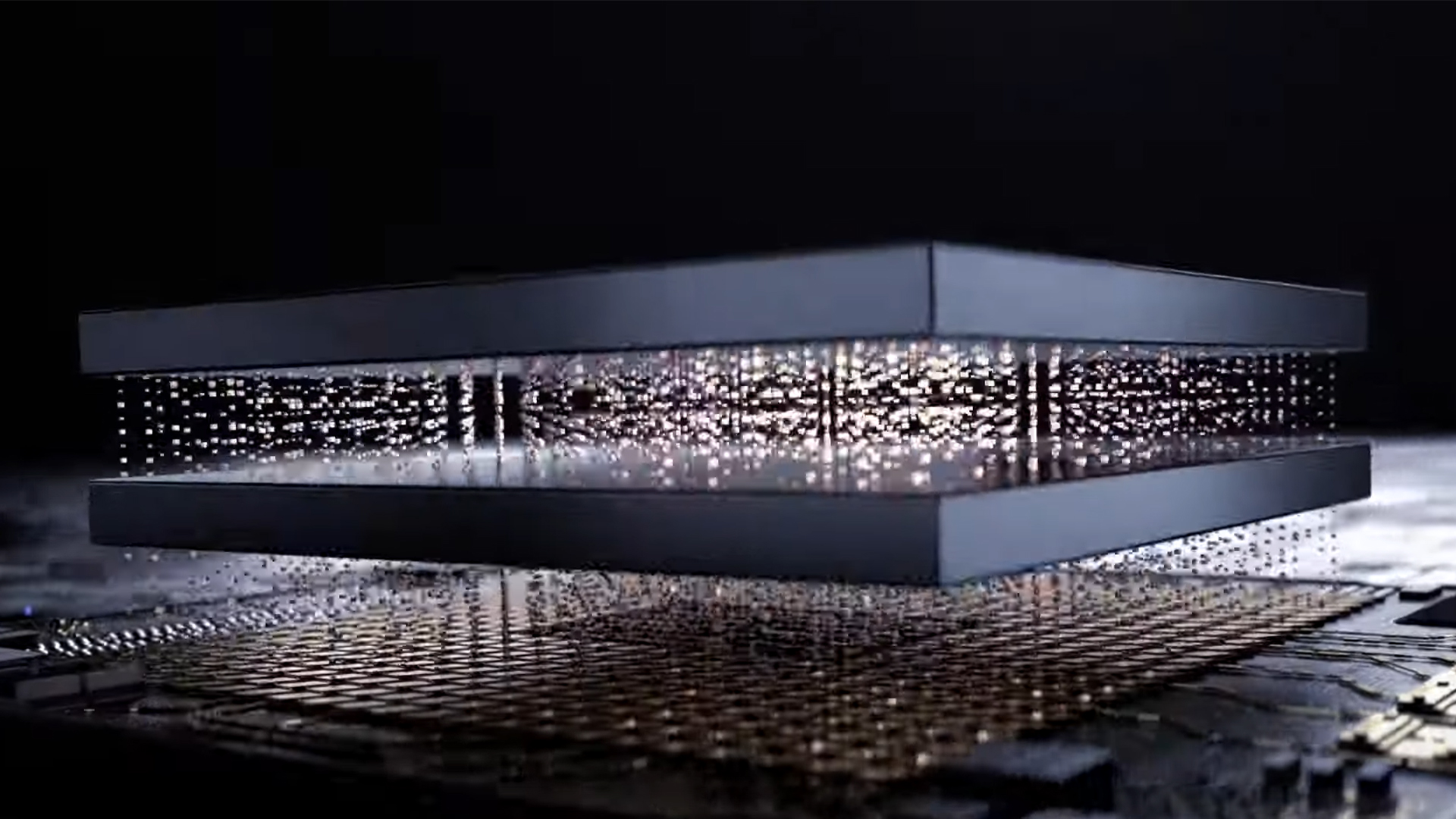
A new report out of Taiwan suggests that NVIDIA has decided to split the 7nm GPU orders between Samsung and TSMC, with the latter likely winning the bulk of them. Samsung's process appears to have been selected for the entry-level variants of the GPU.
Samsung will only manufacture the low-end NVIDIA GPUs
The fact that Samsung has won some of the orders doesn't come as a surprise. NVIDIA Korea chief Yoo Eung-joon had confirmed during a press conference last year that “Samsung Electronics’ 7-nanometer process would be used in manufacturing our next-generation GPU.” However, the extent of the foundry production handled by Samsung wasn't revealed.
Earlier reports had suggested that Samsung was trying hard to win NVIDIA's business, even resorting to aggressively undercutting TSMC on price. TSMC has long been NVIDIA's fab partner for GPUs so Samsung needed to pull out all the stops. However, it's now said that some of the earlier rumors about NVIDIA's intention to increase Samsung's share of orders might have been spread to try and get TSMC to lower its prices.
Given that the demand outpaces supply for TSMC's 7nm process, the company didn't budge, with its customers resorting to paying more to fight for its production capacity. Therefore, NVIDIA is now believed to have placed a significant 7nm capacity order with TSMC for its next-gen Ampere architecture-based GPUs.
Where does that leave Samsung? Word on the street is that NVIDIA has contracted Samsung to manufacture the entry-level Ampere graphics cards. This split would enable NVIDIA to reduce its load on TSMC while also maximizing the yield from both foundries.
The low-end Ampere GPUs are expected to be manufactured on Samsung's 7nm EUV or 8nm process nodes. Samsung has also announced the launch of its 5nm manufacturing process and it's claimed that the two companies are in discussions for a small quantity of NVIDIA's 5nm Hopper GPUs due next year.


















